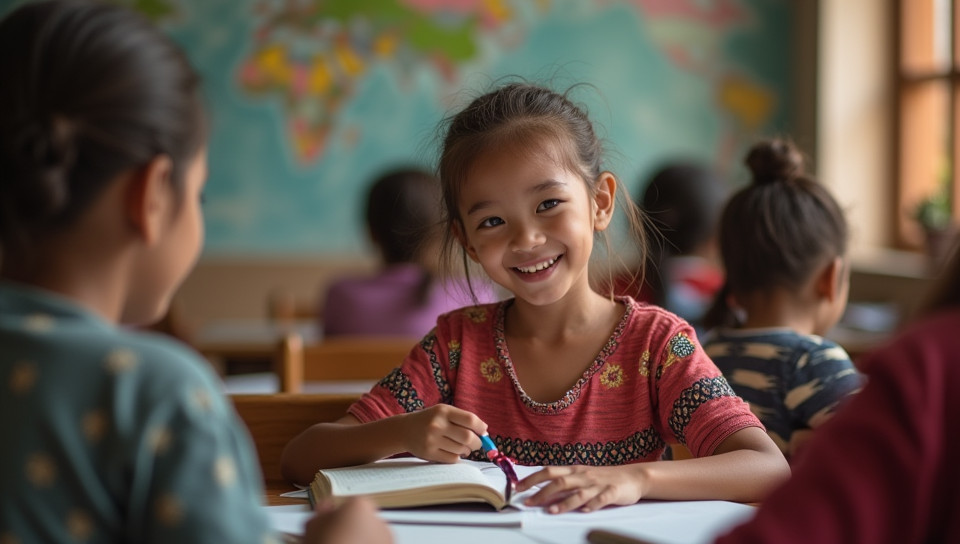Stereotypes and biases hinder girls' access to quality education 82%

Breaking Down Barriers: Stereotypes and Biases Hindering Girls' Access to Quality Education
As we strive for a more equitable world, it's essential that we acknowledge the systemic obstacles hindering girls' access to quality education. For centuries, societal norms and biases have perpetuated stereotypes that restrict girls' opportunities, limiting their potential to reach their full academic and professional potential.
Stereotypes and Biases: A Persistent Problem
Stereotypes and biases are deeply ingrained in our societies, often influencing the way we perceive and interact with others. In the context of education, these attitudes can have a profound impact on girls' access to quality learning opportunities. For instance:
- Lack of access to resources and facilities
- Stereotypical expectations around domestic duties and childcare
- Limited role models and representation in STEM fields
- Biased teacher-student relationships and expectations
The Consequences of Inaction
The effects of stereotypes and biases on girls' education are far-reaching and devastating. Research has consistently shown that:
- Girls who face these obstacles are more likely to drop out of school or underperform academically.
- They may be less likely to pursue higher education or career opportunities in fields such as science, technology, engineering, and mathematics (STEM).
- The long-term consequences include reduced economic mobility, limited social status, and decreased representation in leadership positions.
Breaking Down Stereotypes: A Collective Responsibility
It's time for us to recognize the importance of creating an inclusive learning environment that values and supports girls' education. This requires a collective effort from policymakers, educators, parents, and community leaders to:
- Challenge and dismantle stereotypes through education and awareness-raising initiatives.
- Develop policies and programs that promote equal access to resources and opportunities.
- Foster supportive relationships between teachers, students, and families.
Conclusion
The fight for girls' access to quality education is a battle against systemic injustices. By acknowledging the role of stereotypes and biases in perpetuating these inequalities, we can begin to dismantle the barriers that hold girls back. As we work together towards a more equitable future, let us remember that every girl deserves access to quality education – it's a fundamental human right that shapes their potential and transforms their lives.
- Created by: Marcia Santos
- Created at: Sept. 10, 2024, 10:31 p.m.
- ID: 9083